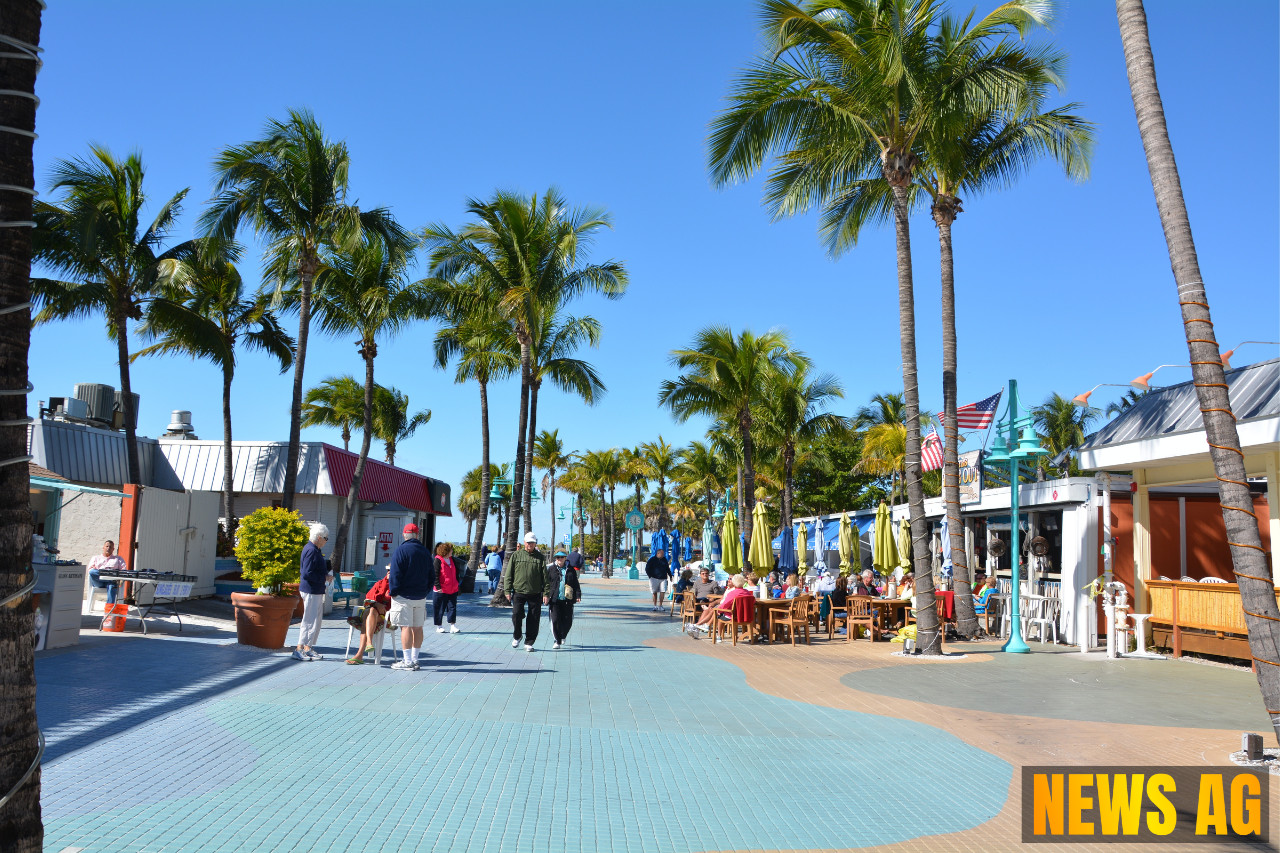
As the countdown continues, excitement is building for Amazon’s Project Kuiper, poised to launch its second batch of satellites. Scheduled for June 16 at 1:25 p.m., the United Launch Alliance’s (ULA) Atlas V rocket will carry 27 broadband satellites from Cape Canaveral Space Force Station, marking a significant step in Amazon’s ambitious plans to reshape internet access globally. This mission will double the number of Kuiper satellites in orbit, pushing the total to 54 and edging closer to the ultimate goal of deploying 3,232 satellites by Amazon’s Devices and Services division.
ULAs’s Torrey Bruno recently addressed concerns surrounding this launch. The initial attempt faced delays due to issues with the rocket’s boosters, forcing a push from the original date of April 28 to June 16. As reported by motozurnals.lv, the launch was halted approximately 30 minutes prior to liftoff due to „elevated purge temperatures“ in the engine, raising eyebrows about potential vulnerabilities in the system.
Weather Watch
The ULA team has provided a weather outlook indicating a 75% chance for favorable launch conditions, although the forecast of cumulus clouds remains a small concern. The National Weather Service is predicting mostly sunny skies with temperatures reaching near 91 degrees, and a 30% chance of afternoon thunderstorms.
It’s worth noting that this is not just another satellite launch — it’s part of a broader competition where Project Kuiper takes on the likes of SpaceX’s Starlink. Currently, Starlink leads with over 7,700 satellites in orbit and more than 6 million users worldwide, creating a formidable benchmark reported by USA Today. As customers demand higher-speed internet access, especially in underserved areas, the stakes grow higher for Amazon’s endeavor.
- Amazon successfully launched 27 Kuiper satellites in April, now preparing to launch another batch.
- Plans are in place to execute over 80 missions in collaboration with multiple launch providers, including ULA, SpaceX, Blue Origin, and Arianespace.
- ULA has committed to more than 38 future launches to support this satellite constellation.
With a solid plan in place, including the acquisition of launch slots from SpaceX, Amazon is assembling one of the most significant launch vehicle portfolios in history. As Project Kuiper continues its development, its operational center in Redmond, Washington, is ready to manage the satellites from their initial orbits of 280 miles above the Earth to their final destination of 392 miles.
The Road Ahead
In a competitive landscape dictated by fast-evolving technology and consumer demand, Project Kuiper is out to make a name for itself. The recent successful deployment and the impending launches are not just stepping stones but significant moves in what is undoubtedly becoming a crowded orbital highway. As satelliteinternet.com suggests, the collaboration with various rocket providers highlights the shared vision for global connectivity.
As we look toward June 16, all eyes will be on the skies above Cape Canaveral. If all goes well, Amazon could lay down the groundwork for a satellite network that redefines how we connect globally, especially in those underserved corners of the world. The phase for high-speed internet from above is drawing closer, and there’s certainly something to be said for the thrill of innovation lighting up our horizons!
